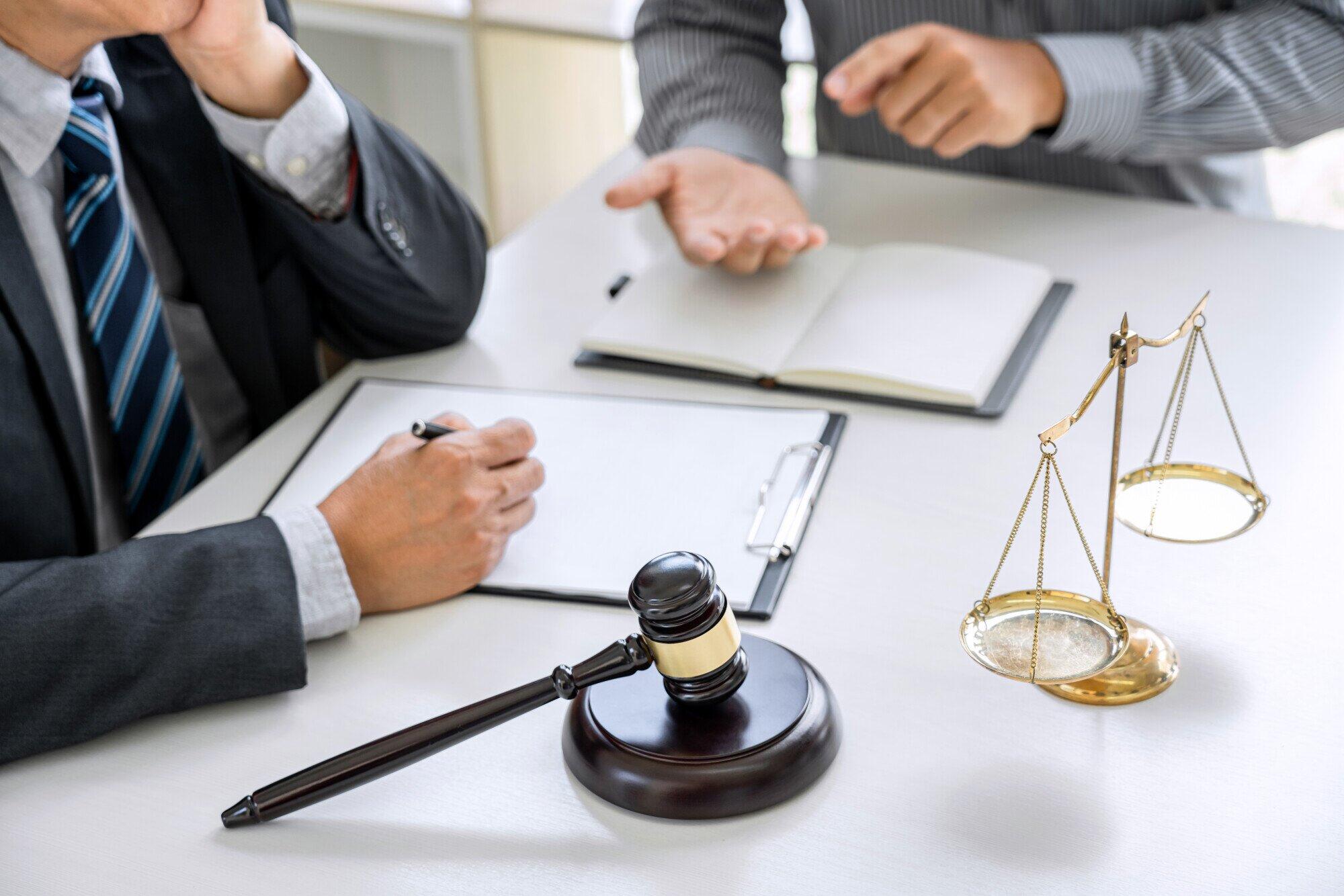The state of South Carolina is committed to protecting tenants' rights by helping them avoid eviction. Due to this, South Carolina offered pandemic-related rental assistance until late in 2022.
Now that the relief programs are at an end, landlords aren't able to rely on state assistance to cover outstanding rents anymore. If you're one of these property investors who is struggling with non-paying tenants, you need a crash course about how evictions work in South Carolina.
Read on to explore your next steps.
Valid Reasons for Evictions in SC
A landlord may not evict a tenant without just cause, and South Carolina law clearly defines these reasons in its Landlord-Tenant Act. In summary, legally appropriate reasons for eviction include:
Nonpayment of Rent
South Carolina has comparatively lenient grace periods for late rent payments. Landlords can only take action against tenants once their rent is five days late.
Unless the lease states otherwise, the landlord can proceed with eviction after this grace period. Otherwise, they must issue a 5-day notice to pay.
Lease/Rental Agreement Violations
Tenants must uphold the terms of their lease agreement, or their landlord can evict them after providing a 14-day notice to comply.
Examples of lease violations include:
- Smoking in a non-smoking unit
- Damages to the property
- Sub-letting of the house
- Keeping a pet in a non-pet-friendly property
If the tenant does not rectify the situation within 14 days, the landlord can start eviction proceedings.
Regular property inspections are the best way to check that your tenants are sticking to their lease agreement.
Illegal Activity
When a tenant engages in illegal activity, the landlord does not need to give them any notice before evicting them. They can proceed with an eviction immediately.
The End of the Lease Period
Tenants may not remain in a rental property for even a single day after their lease period ends unless the landlord wishes to renew their lease.
Landlords can issue a 7-day or 30-day notice to quit, depending on the type of lease they have with their tenant.
A Summary of Eviction Proceedings in SC
Landlords or property managers cannot evict tenants without a court order. These are the steps involved:
- Filing for an order to show cause
- Serving the tenant with a summons
- Filing a motion for judgment
- Getting a write of ejectment
- Tenants move out
The tenant may file an answer within 10 days of receiving the summons. In this case, the court will schedule a date for a hearing where both sides may present their case.
If the tenant does not move out within 24 hours of receiving the writ of ejectment, local law enforcement officers may forcibly remove them.
The process can take up to 5 months if the tenant objects to the eviction.
One way to protect yourself from bad tenants and evictions is by conducting legally compliant tenant screening.
Take the Sting Out of Evictions in South Carolina
Evicting tenants is a time-consuming, costly, and unpleasant exercise.
PMI Southern States can help you avoid these situations with thorough tenant screening processes. We can also assist you with a tenant protection plan to help shield you from the stress associated with evictions and alleviate some of the costs involved.
Browse our blog for more expert landlord advice, or talk to us about your property management needs in Greenville, SC.


